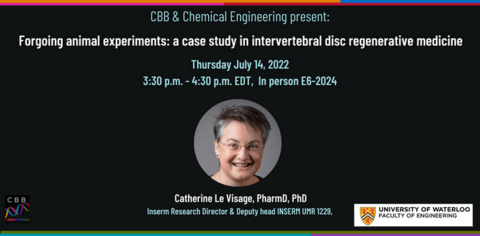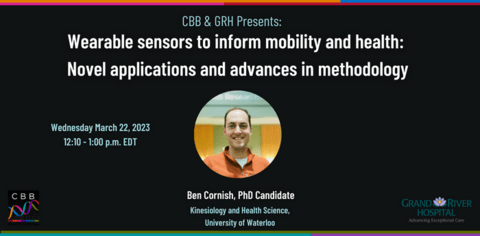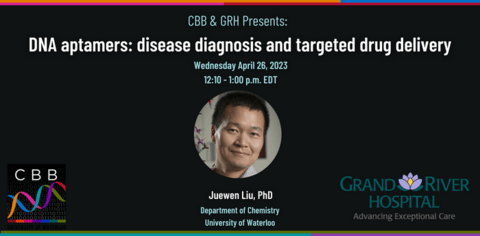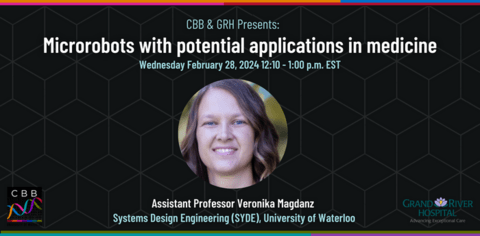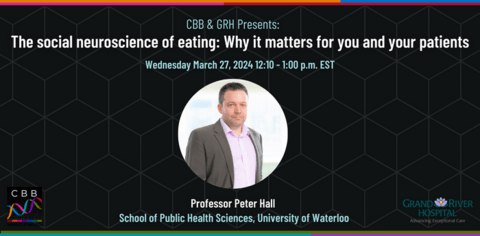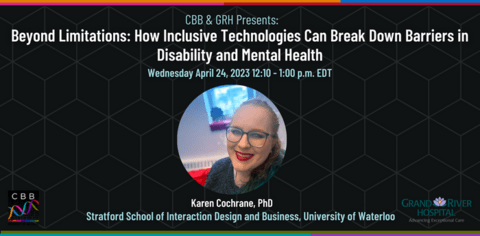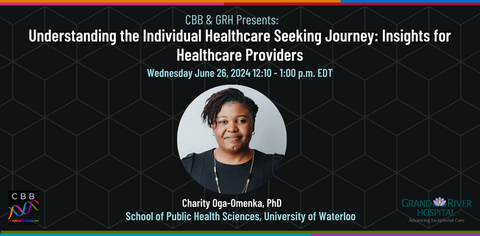Abstract
Eating is part of everyday life and takes on special significance for all of us at one point or another. Nearly all cultural activities take place in the presence of foods, many with an emphasis on accentuated flavour, colour, and texture. Celebration of life through food is common around the world, and this is a hint as to the special significance of food in our lives. But what makes food desirable, and worthy of expressing joy and celebration? Does any of this matter for patients in healthcare settings? In this talk I will explore the special significance of food in cultures around the world, and the role that the brain plays in rendering food worthy of special significance. This will be a different take on food and eating than would be prescribed by a conventional focus on health promotion; however, the key to addressing the need for flavour and the relationship between flavour and other sensory dimensions of foods will be explored as critical to promoting healthy diets. Brain networks involved in restraint, indulgence and decision-making will be given special consideration, and we will review some findings from the neuroimaging and brain stimulation literature. Importantly, our coverage of the topic of eating will be framed by the evolutionarily ancient roots of the drive toward calorie maximization present in nearly all heterotrophic organisms, including herbivores and carnivores, but especially omnivores (e.g., humans). We will conclude with a discussion of why understanding these dynamics are critical to consider when tailoring menu options and dietary prescriptions for patients, and why we should consider the relationship between brain health and eating as being a reciprocal one.


